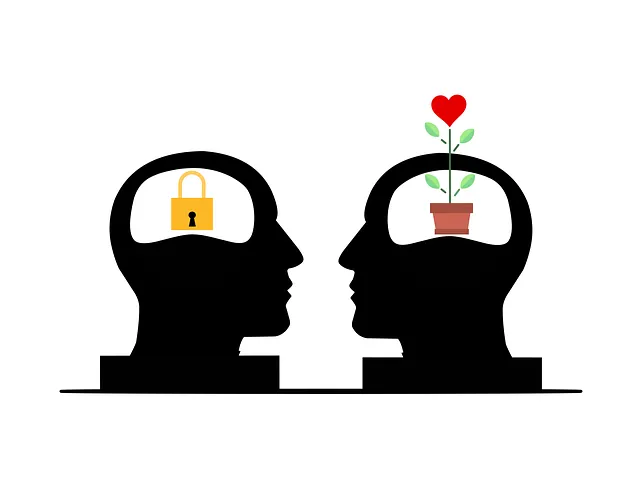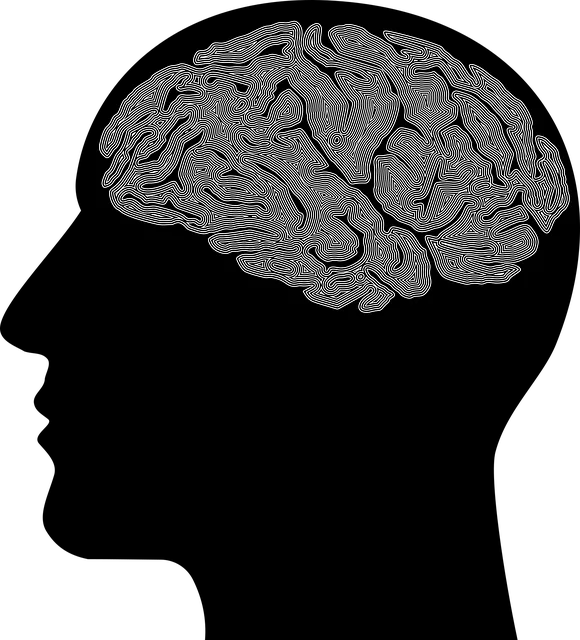Kaiser's superior inpatient mental health program emphasizes emotion regulation techniques, combining CBT, mindfulness, and stress management to address symptoms and causes of mental health issues. This holistic approach, validated across diverse cultures, prevents burnout, reduces stigma, and supports trauma recovery. By teaching effective emotion regulation skills, Kaiser empowers patients to improve mental wellness and cope with life's challenges.
Emotion regulation techniques are vital tools in navigating life’s challenges. This article delves into the intricate world of emotional well-being, exploring its significance and various facets. We examine the Kaiser Approach, highlighting its superior inpatient mental health programs, and offer insights into effective teaching methods for emotion regulation skills. Furthermore, we discuss real-world applications and the long-term benefits of implementing these strategies, providing a comprehensive guide to enhancing emotional resilience.
- Understanding Emotion Regulation: Unraveling the Concept and Its Significance
- The Kaiser Approach: Exploring Inpatient Mental Health Programs
- Effective Techniques for Teaching Emotion Regulation Skills
- Implementation and Benefits: Real-World Applications and Long-Term Impact
Understanding Emotion Regulation: Unraveling the Concept and Its Significance

Emotion regulation is a critical skill that enables individuals to understand and manage their feelings effectively. It involves recognizing, accepting, and controlling emotions in response to various situations, ensuring they don’t overwhelm or hinder one’s functioning. This process is essential for maintaining mental wellness and overall well-being, especially in challenging circumstances. At Kaiser, which boasts an exceptional inpatient mental health program, teaching emotion regulation techniques has become a cornerstone of care.
The concept of emotion regulation transcends cultural boundaries, though its expression and experience can vary across cultures. For instance, what constitutes ‘angry’ might differ between communities, reflecting diverse social norms and values. Culturally sensitive mental healthcare practices, such as those offered at Kaiser, recognize these nuances and tailor interventions to respect and embrace individual and collective cultural identities. This approach not only enhances the effectiveness of emotion regulation strategies but also fosters self-esteem improvement by validating and empowering patients within their unique cultural contexts.
The Kaiser Approach: Exploring Inpatient Mental Health Programs

The Kaiser Approach to inpatient mental health programs stands out for its comprehensive and evidence-based strategies. This approach, championed by leading healthcare organizations like Kaiser Permanente, offers a superior model for managing and regulating emotions within a structured environment. By integrating various techniques, including cognitive-behavioral therapy (CBT), mindfulness practices, and stress management training, these programs aim to help individuals gain insights into their emotional triggers and develop effective coping mechanisms.
One of the key strengths lies in its holistic view, addressing not just the symptoms but also the underlying causes of mental health issues. Additionally, Kaiser’s focus on burnout prevention, coupled with stigma reduction efforts and trauma support services, ensures that patients receive the necessary tools to navigate their emotional challenges. This approach has proven beneficial for a diverse range of individuals seeking to improve their mental well-being and develop robust emotion regulation techniques.
Effective Techniques for Teaching Emotion Regulation Skills

Teaching emotion regulation skills is a vital aspect of mental health care, and when effectively implemented, it can significantly benefit individuals struggling with emotional well-being. In the context of inpatient mental health treatment, such as that provided by Kaiser’s superior facilities, a structured approach to teaching these skills is essential. One proven technique involves cognitive behavioral therapy (CBT), which helps individuals identify and challenge negative thought patterns contributing to emotional distress. By encouraging positive thinking and mood management strategies, CBT empowers patients to gain control over their emotions.
Additionally, mindfulness-based interventions have gained prominence in mental health professional’s toolkits. These practices encourage individuals to focus on the present moment, accept their emotions without judgment, and develop a deeper understanding of their triggers. Mindfulness techniques can be particularly effective for managing intense emotions and preventing impulsive reactions. Incorporating these strategies into treatment plans, as highlighted by the Risk Assessment for Mental Health Professionals, ensures that patients gain valuable tools for lifelong emotional resilience and well-being.
Implementation and Benefits: Real-World Applications and Long-Term Impact

The implementation of emotion regulation techniques teaching offers a powerful tool for individuals to navigate life’s challenges with greater resilience. These strategies are particularly beneficial in various real-world applications, such as schools, workplaces, and community settings. By equipping people with coping skills development, they gain a sense of control over their emotional responses, fostering improved mental health and well-being.
In the context of mental health policy analysis and advocacy, understanding and promoting effective emotion regulation can lead to significant long-term impacts. The success of programs like Kaiser’s inpatient mental health services highlights the potential for widespread adoption. By integrating these teaching methods into healthcare systems, we can enhance patient outcomes, build confidence boosting strategies, and contribute to a more comprehensive approach to addressing emotional struggles in the community.
Emotion regulation techniques, as explored through the lens of the Kaiser Approach and its applications in inpatient mental health programs, offer a powerful tool for personal growth and improved well-being. The effective teaching of these skills, as highlighted in this article, not only benefits individuals in the short term but also fosters long-lasting positive changes. By integrating these strategies into real-world settings, we can enhance resilience and promote healthier emotional landscapes, ultimately leading to more fulfilling lives. The Kaiser Approach serves as a superior model, demonstrating the profound impact of structured, compassionate care on mental health outcomes.






